Lakemba, then and now: from a provincial suburb in colonial times to a vibrant multicultural region today
FROM a suburb known for its potato farms to a vibrant hub of multiculturalism, Lakemba has seen plenty of change since colonial times.
- Labor MP’s vision for Lakemba as a tourist hub
- Ramadan brings thousands to Lakemba
- Do you recognise this industrial building?
- Lakemba man rescued from washing machine
ONCE known as Potato Hill, Lakemba has undergone a lot of change since colonial times.
At the time of European settlement in the 1800s, spud farms could be found in the area, leading to the name Potato Hill.
The suburb derived its contemporary name from a property owned by Benjamin Taylor, who became involved in local government in 1883.
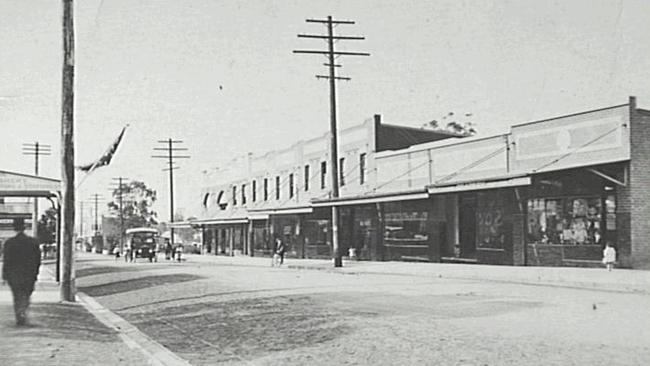
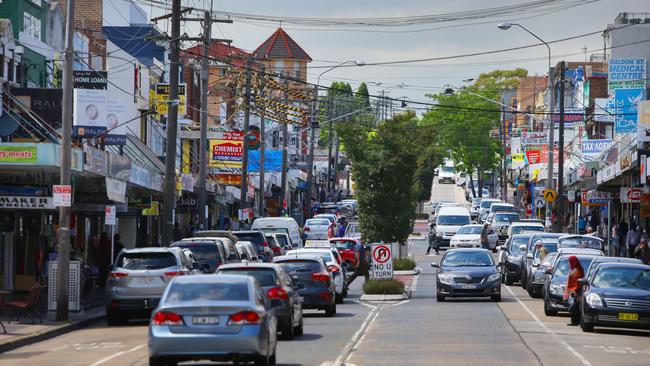
Taylor, the town clerk of Canterbury Council from 1888, owned a 22ha property known as Lakeba after a small Fiji island of the same name.
It remained predominantly farmland and forest until the early 1900s and was known for industries such as tanneries and charcoal burning.
The first signs of the area’s development came with the opening of the railway in 1909. Shops and businesses continued to grow in the area and, in 1922, Lakemba had a Chamber of Commerce.
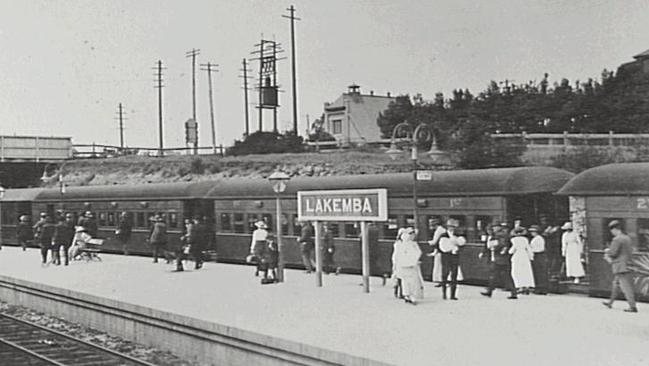
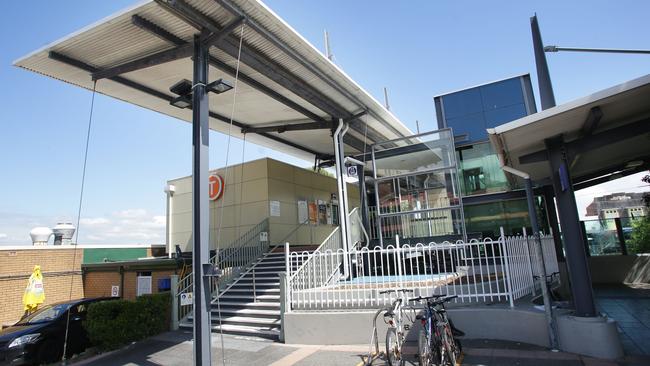
Haldon St, which remains the main street today, became a hub of activity.
Local historian and Canterbury Historical Society member Noel Duncan, 74, grew up in Lakemba in the 1950s and recalls a simpler landscape with few modern conveniences.
“There was no hot water system even up to the mid-1960s,” Mr Duncan said.
Gas was used to heat water, while refrigeration was achieved via ice chests regularly replenished with blocks of ice by “the ice man”, he said.
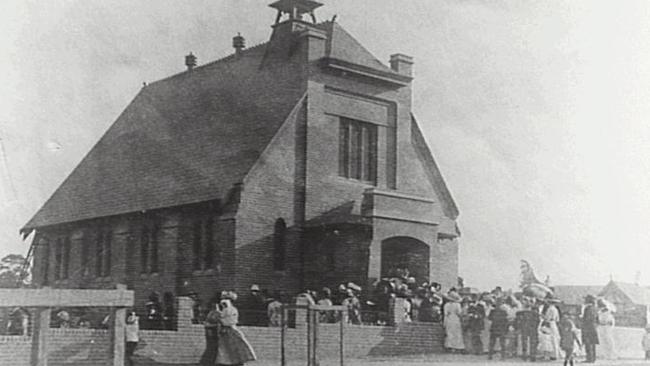
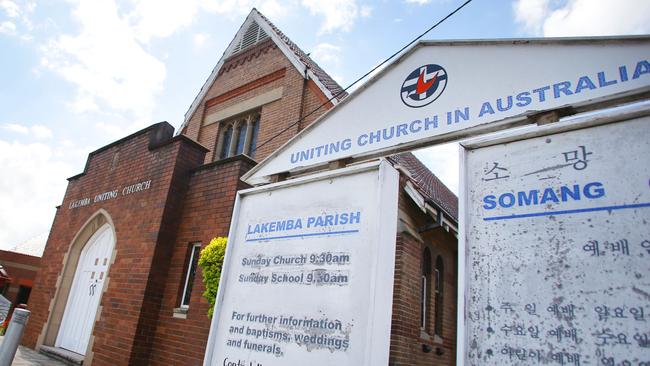
Mr Duncan, who grew up in a house backed by a paddock, eventually moved out of the area when he got married in 1965.
Today, Lakemba is known for its multiculturalism, with more than 150 nationalities living in the area. A bustling food hub, it is a popular destination known for Lebanese cuisine and international food.
The Uniting Church, formerly Lakemba Methodist Church in the 1800s, remains and, as a sign of the area’s diversity, exists alongside other places of worship such as Lakemba Mosque, which was completed in 1977.
QUICK FACTS
■ Lakemba was known as Potato Hill because of the amount of potato crops grown in the area
■ It was named after a property known as Lakeba, which was owned by Canterbury Council town clerk, Benjamin Taylor
■ Lakemba railway station opened in 1909. Until then the area was mostly farmland and forest country
■ Structures such as the Uniting Church remain


